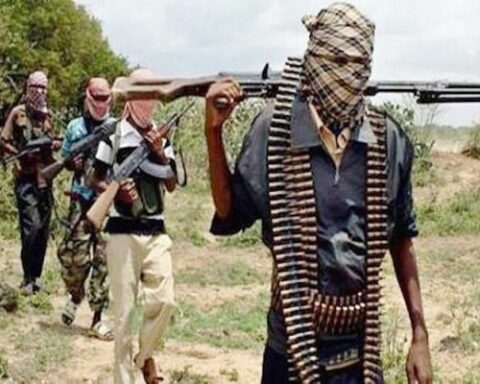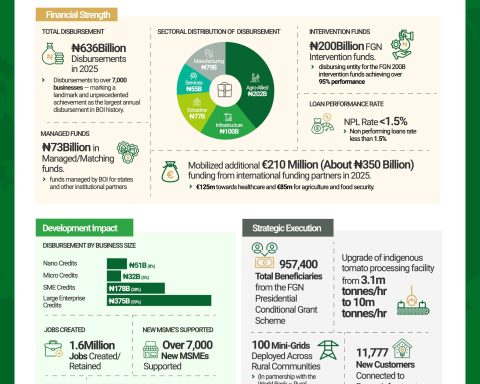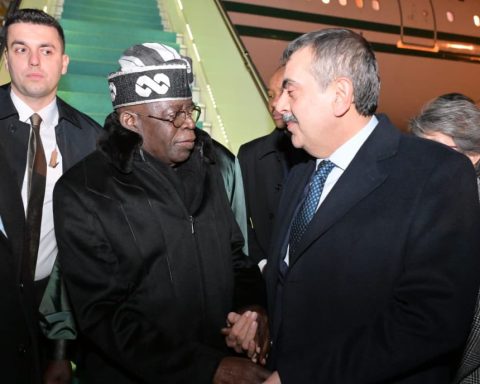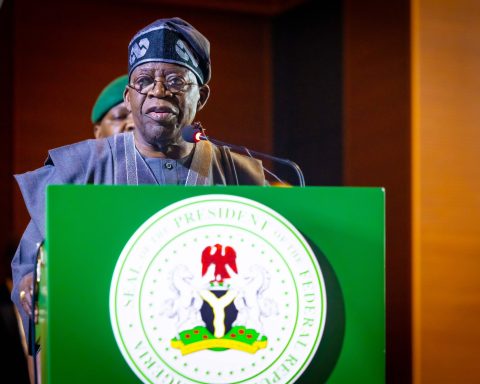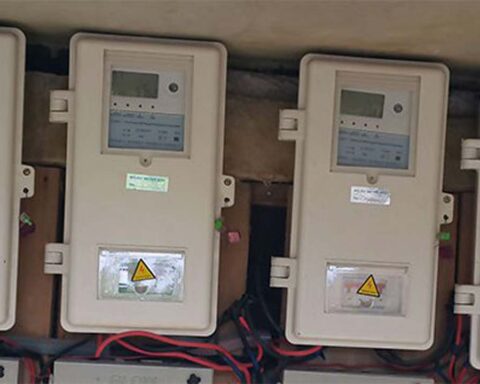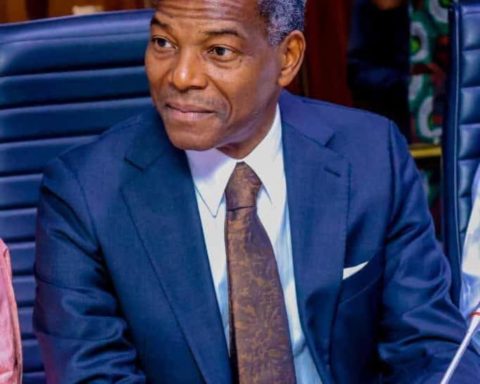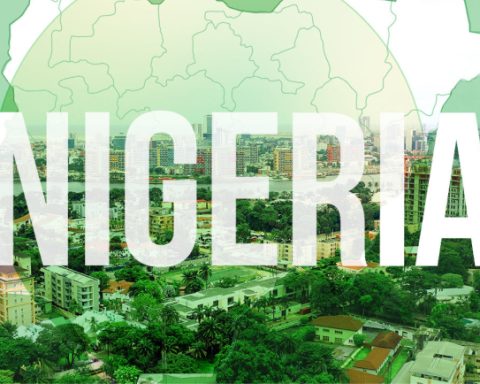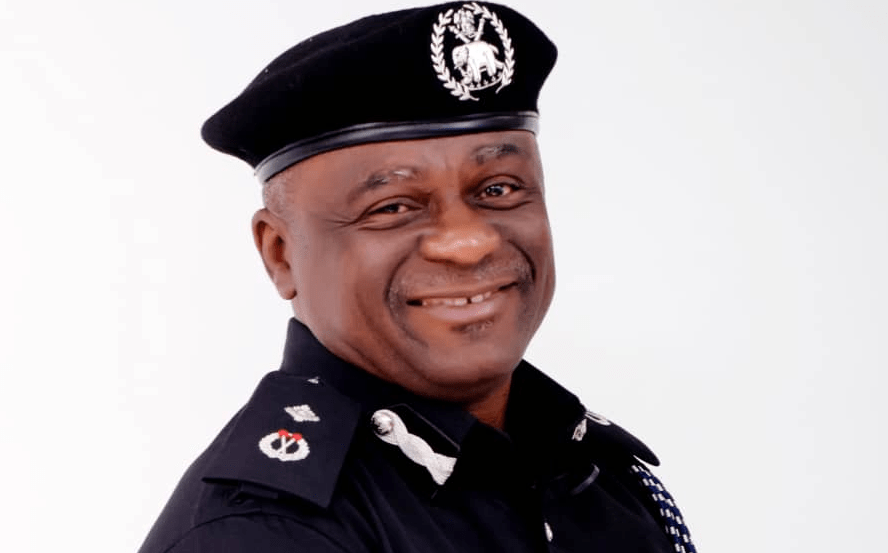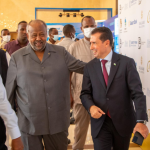In a nation plagued by years of terrorism, banditry, and kidnappings, President Bola Ahmed Tinubu’s recent declaration to reclaim Nigeria’s ungoverned spaces, particularly forests, marks a significant shift in the country’s security narrative. With over 63,000 deaths linked to terrorism and banditry since 2011, and more than 6,900 mass atrocities recorded between May 2023 and April 2024, Tinubu’s commitment to deploying advanced surveillance and technology is a welcome move.
However, critics argue that promises alone are not enough, and decisive action is needed to address the escalating insecurity. Can Tinubu’s administration translate words into meaningful change and bring relief to Nigerians?
In the past, leaders and spokespersons have shamefully downplayed the gravity of insecurity, attributing reports of attacks to political propaganda. During the
Buhari era, for instance, then-Minister of Information Lai Mohammed repeatedly suggested that the scale of insecurity was exaggerated or “fake news” orchestrated by opposition parties.
The Current Administration and Incessant Promises of Handling Insecurity
Since President Bola Ahmed Tinubu assumed office on 29 May 2023, he has consistently placed national security at the heart of his administration’s agenda. During his inaugural speech, he pledged to reform the country’s security architecture, modernise the armed forces, enhance intelligence gathering, and foster collaboration among security agencies. Shortly after taking office, he appointed new service chiefs and gave them a one-year mandate to drastically reduce terrorism, banditry, kidnapping, and other violent crimes plaguing the country.
In line with these promises, the federal government allocated over ₦3.2 trillion to the security sector in the first year of Tinubu’s administration. These funds covered the Ministry of Defence, the Nigeria Police, the DSS, and other security outfits. Despite these bold declarations and financial commitments, insecurity has persisted and worsened in many parts of the country.
Critical Times of Terrorism in Nigeria
Nigeria recorded over 63,000 deaths linked to terrorism, herder-farmer clashes, and banditry from 2011 to 2022. Under President Buhari’s administration alone, over 2,900 people were killed and more than 1,200 abducted in the first half of 2021, a trend that continued till the twilight of his presidency.
On the part of the current administration, Tinubu’s current declaration comes at a critical time, just days after a terrorist assault on a military barracks in Yobe claimed the lives of four gallant soldiers. It also trails a disturbing pattern of bloodshed: at least 26 separate attacks in just three states, Benue, Plateau, and Zamfara, within four months have claimed the lives of 227 citizens. The numbers are staggering. According to the Global Terrorism Index and SBM Intelligence.
According to various security tracking organisations, including SBM Intelligence and the Nigeria Security Tracker, Nigeria recorded over 6,945 mass atrocities between May 2023 and April 2024. This figure includes 3,707 killings and 3,238 abductions. Between June and October 2023 alone, 1,158 people were reportedly kidnapped.
Criticism has mounted in response to these developments. Former Vice President Atiku Abubakar publicly called President Tinubu to resign if he could not secure the nation. Civil society organisations have echoed this frustration, questioning why insecurity is rising despite significant budgetary allocations and the President’s earlier promises. Moreover, local security outfits such as Amotekun in the Southwest and vigilante groups elsewhere have been unable to stem the tide of criminal activities and armed conflicts.
The Tinubu administration has consistently made promises to tackle insecurity and has invested heavily in defence, but the reality on the ground tells a different story.
Current Promise and Multi-Level Cooperation Among All Tiers of Government
While Tinubu deserves praise for confronting the truth head-on, a more insidious issue lies with the governors of affected states. Too many of them remain criminally silent about the massacres in their domains, yet are quick to condemn citizens who take up arms in self-defense or who speak out in frustration. This selective morality not only stifles community resistance but emboldens the assailants, many of whom continue to operate with impunity.
One commendable aspect of Tinubu’s remarks is his implied support for multi-level cooperation between the federal government, state authorities, local councils, and community leaders. This veiled reference to inclusive security architecture is vital, particularly given Nigeria’s long-standing failure to decentralize its policing structure. The resistance to state policing and grassroots security initiatives has been one of the weakest links in Nigeria’s fight against terrorism. If Tinubu’s words are more than political rhetoric, this could mark the beginning of a long-overdue reform.
But speeches alone are not enough. For President Tinubu to demonstrate genuine commitment, several urgent steps must be taken:
There is a need for the government to operationalize state policing: Fast-track legislation and constitutional amendments to empower states to manage their security needs locally. The federal structure cannot adequately monitor every village, forest, and hamlet.
Transparent Use of Technology is also important: Clearly outline how advanced surveillance and technology will be deployed drones, facial recognition, geospatial mapping, and ensure public oversight to prevent misuse.
Punish Complicity and Inaction: Hold complicit governors and security operatives accountable. A government that fails to sanction negligence cannot claim to be fighting insecurity.
Victim Compensation and Rehabilitation: Communities ravaged by attacks must receive justice, not just by punishing offenders, but by rebuilding their lives and livelihoods.
Enhance Intelligence Gathering: Engage local vigilantes, hunters, and community heads who often have firsthand knowledge of suspicious activities. The President’s honest admittance is the first brick in a path long neglected. Now, the burden lies on Tinubu to build a legacy of action. If he follows through with decisive steps, Nigeria may finally begin to close the dark chapter of fear and violence that has plagued it for far too long.
Dr Mbamalu, a Jefferson Journalism Fellow, member of the Nigerian Guild of Editors and Media Consultant, is the publisher of Prime Business Africa

Dr. Marcel Mbamalu is a distinguished communication scholar, journalist, and entrepreneur with three decades of experience in the media industry. He holds a Ph.D. in Mass Communication from the University of Nigeria, Nsukka, and serves as the publisher of Prime Business Africa, a renowned multimedia news platform catering to Nigeria and Africa's socio-economic needs.
Dr. Mbamalu's journalism career spans over two decades, during which he honed his skills at The Guardian Newspaper, rising to the position of senior editor. Notably, between 2018 and 2023, he collaborated with the World Health Organization (WHO) in Northeast Nigeria, training senior journalists on conflict reporting and health journalism.
Dr. Mbamalu's expertise has earned him international recognition. He was the sole African representative at the 2023 Jefferson Fellowship program, participating in a study tour of the United States and Asia (Japan and Hong Kong) on inclusion, income gaps, and migration issues.
In 2020, he was part of a global media team that covered the United States presidential election.
Dr. Mbamalu has attended prestigious media trainings, including the Bloomberg Financial Journalism Training and the Reuters/AfDB Training on "Effective Coverage of Infrastructural Development in Africa."
As a columnist for The Punch Newspaper, with insightful articles published in other prominent Nigerian dailies, including ThisDay, Leadership, The Sun, and The Guardian, Dr. Mbamalu regularly provides in-depth analysis on socio-political and economic issues.



